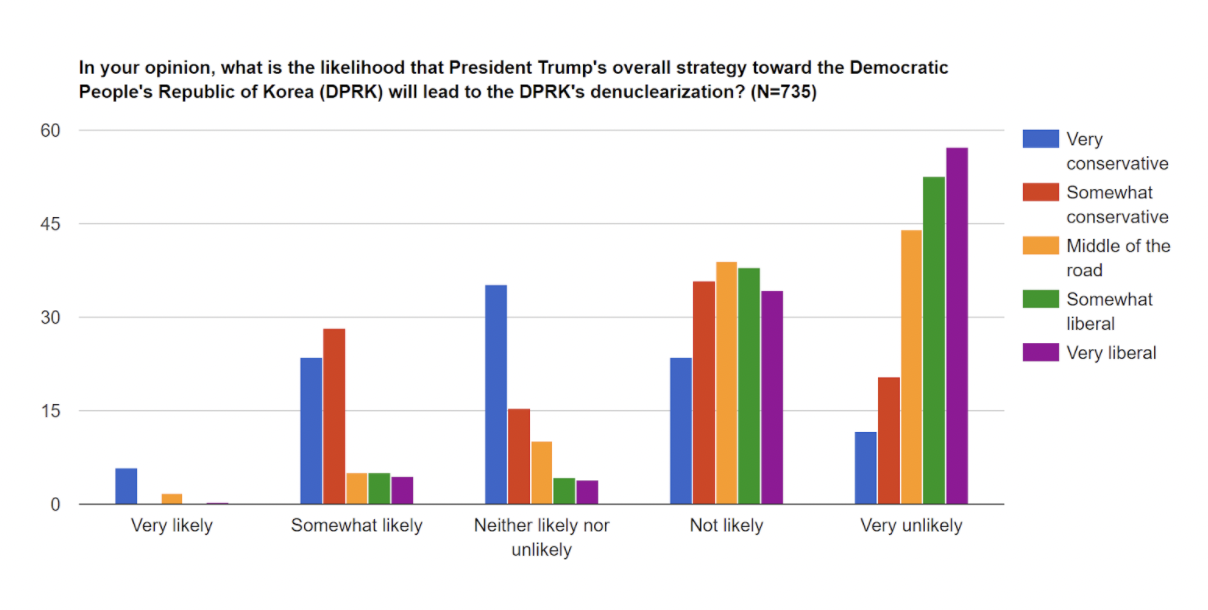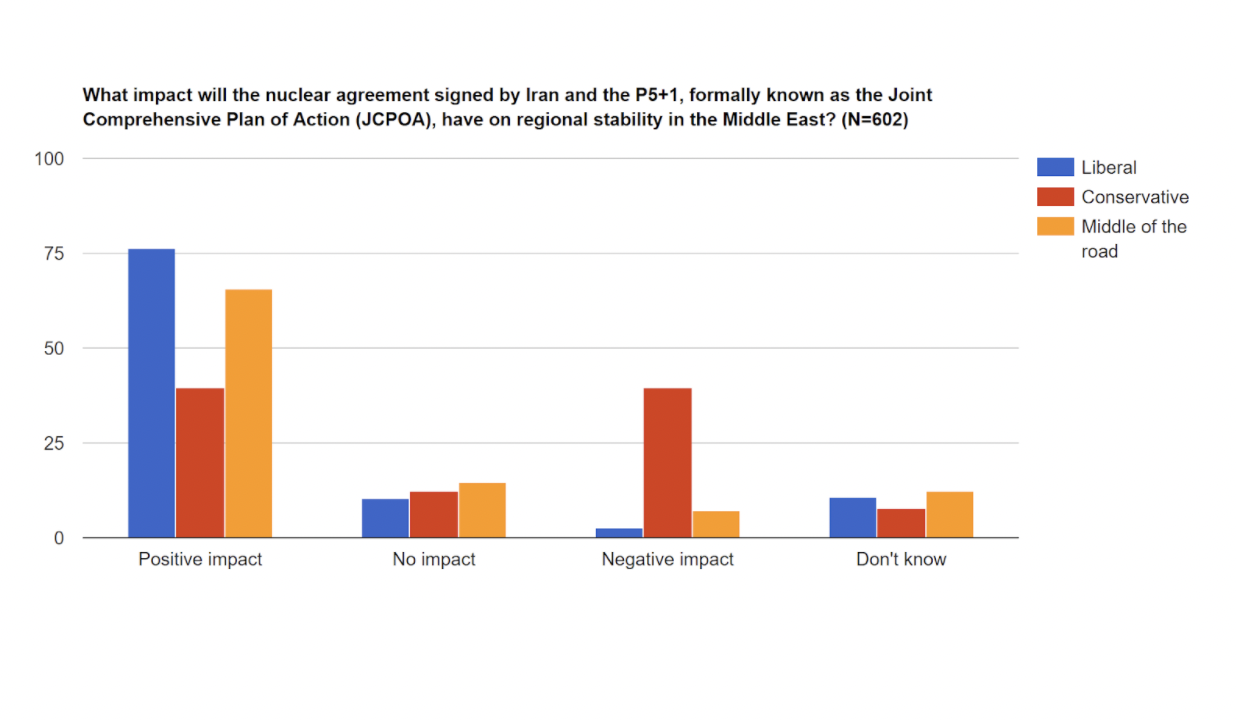By Moira Johnson
July 1st, 2019
It was a big week on the campaign trail. Democratic Presidential hopefuls met for the first time to discuss campaign trail issues over two nights in Miami. The TRIP team took the time to watch the debates and we noticed something: Both nights were dominated by discussions of domestic issues. While these issues are important and give voters insight into candidates’ views about the current state of our nation, the debates were lacking in their discussion of U.S. foreign policy.

Artistic Credit: Marc Dion
While it’s early yet in the Primary season, we can still expect for there to be fewer discussions of foreign policy this electoral cycle. Foreign Policy published an article after the debates that claimed that foreign policy questions have been in decline for democratic hopefuls since the 2008 primaries. Here at TRIP, we discovered that our own data may support this claim. For example, in the most recent iteration of TRIP’s snap poll fielded in late 2018, we asked IR scholars their thoughts on Trump’s strategy for denuclearizing the DPRK.

We can see that scholars who identify as “Somewhat Liberal” or “Very Liberal” overwhelmingly agree that Trump’s strategy will be unsuccessful in denuclearizing North Korea. However, those who identify on the conservative end of the political spectrum have less of a consensus on the issue. For example, scholars who identify as “Very Conservative” equally responded (24%) “Somewhat likely” and “Not Likely”.
Near the end of Night 1’s debate, Moderator Chuck Todd asked the candidates if they would reenter the Iran nuclear deal (JCPOA) if elected. All but one candidate said they would reenter the deal (the exception was Cory Booker, who notably did not reject the idea of a treaty with Iran but rather stated that he would first renegotiate the deal before reentering.) TRIP’s data shows the same trend as the North Korean question, with scholars who identify as conservative equally responding (40%) “Positive Impact” and “Negative Impact” to the question: “What impact will the nuclear agreement signed by Iran and the P5+1, formally known as the Joint Comprehensive Plan of Action (JCPOA), have on regional stability in the Middle East?”

TRIP’s data on these foreign policy questions shows a greater degree of consensus among liberal scholars on these issues. The lack of foreign policy questions in the Democratic Debate suggests that when a consensus exists on an issue within a party, there is less of an incentive to discuss these issues. This would also explain why during conservative primary seasons, candidates are more likely to be asked about issues relating to U.S. foreign policy and the U.S.’s standing in the global order.
As primary season carries on and the number of contenders dwindles, we will hopefully see more discussions of global issues. The TRIP team will continue covering the primaries and the road to Election Night 2020. Stay tuned for IR student perspectives and more TRIP data.
Moira Johnson is a senior at the College, majoring in Government and minoring in Physics. She has worked at TRIP since August of 2018. Her interests include Middle Eastern conflicts, Nuclear Proliferation, and the U.S. Intelligence Community.